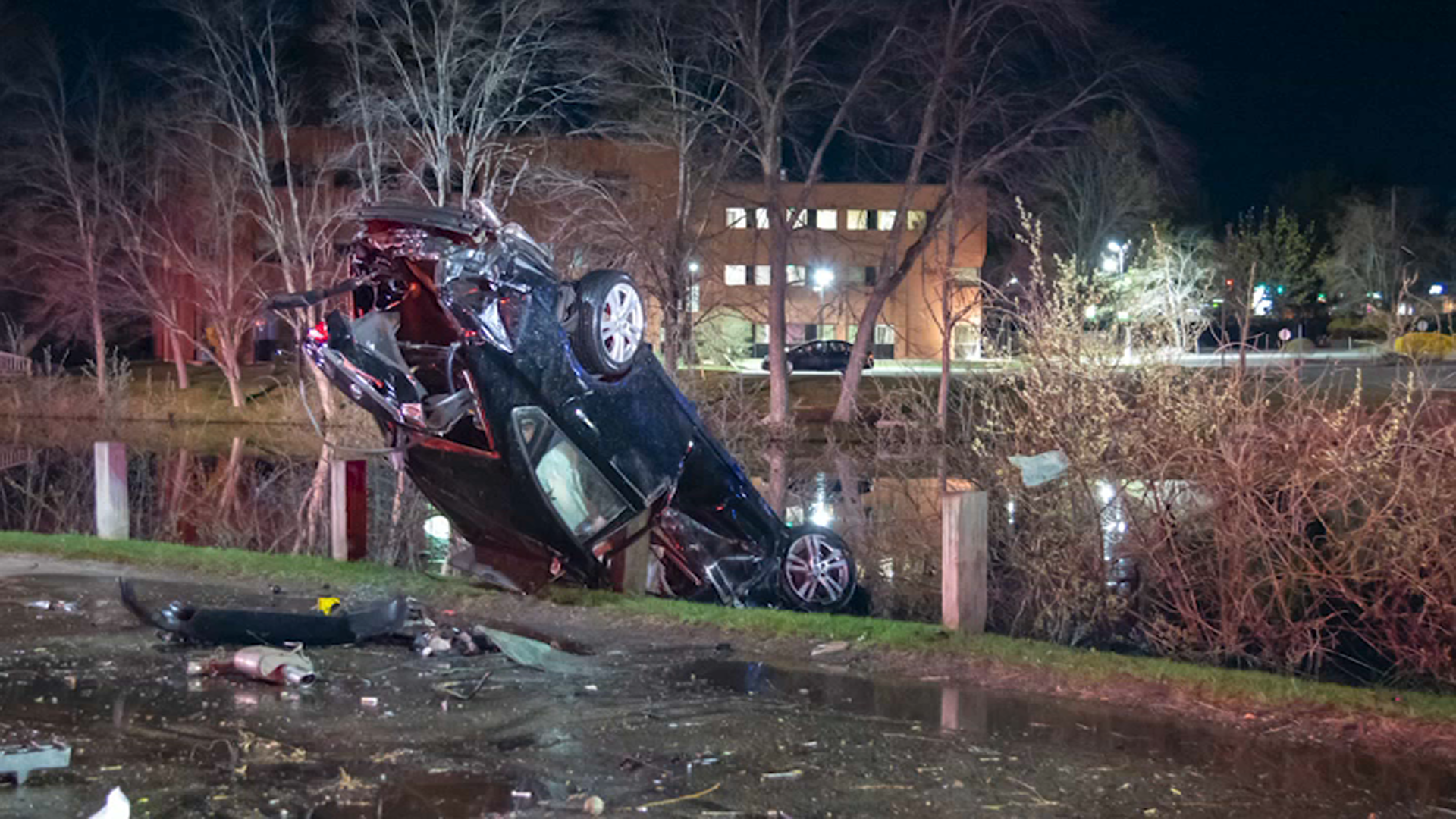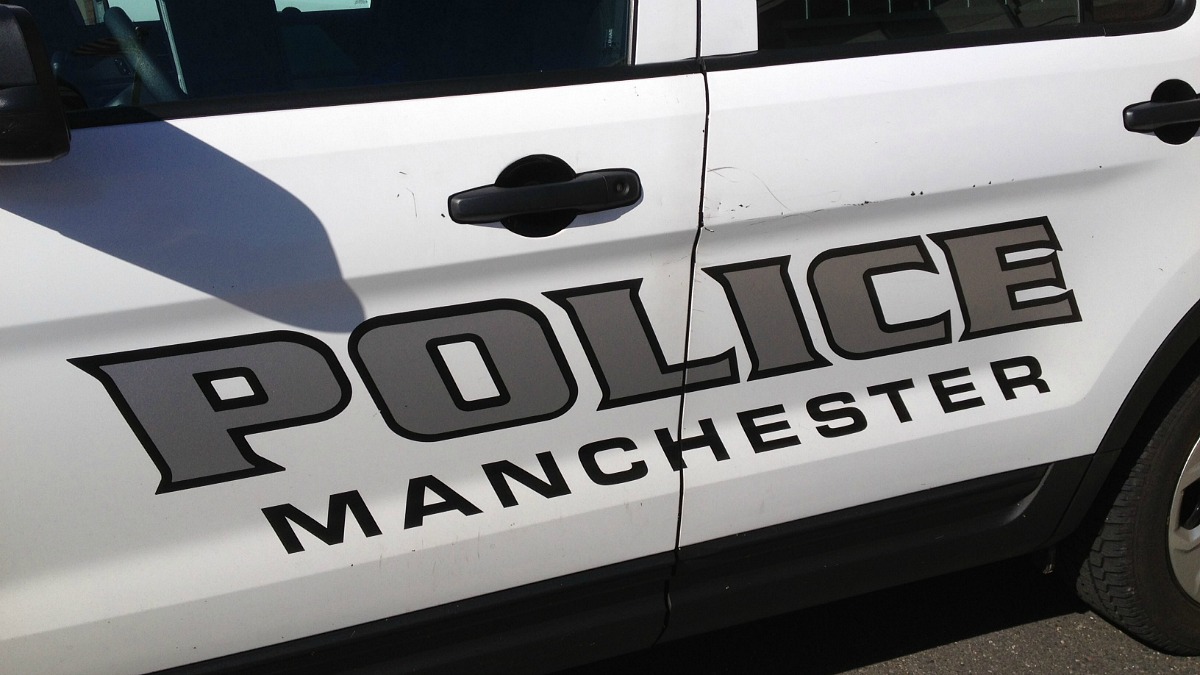A lead-poisoned loon was found dead on a beach of Lake Winnipesaukee on July 1.
The bird, which is the first documented lead-poisoned loon collected from New Hampshire waters this year, was collected in Loon Cove of Alton Bay.
Radiographs showed a lead tackle object in the loon's gizzard, so it was transported to a veterinary laboratory to be necropsied.
Results found a lead jig and blood tests revealed toxic blood lead levels.
July and August are when lead-poisoned loons are most often found, as it correlates with peak lake use and fishing pressure in the state.
"It seems likely that loons are eating fish that have tackle in or on them. As the acidic juices in the bird's gizzard break down the food, the lead is also broken down and gets into the bloodstream of the bird," said Emily Preston, a wildlife biologist with the N.H. Fish and Game Department. "The good news is that using alternatives to lead tackle should provide immediate relief to the loon population."
Click here to learn more about a region-wide initiative called Fish Lead-Free.
New Hampshire
The latest news from around the state
A push is on to educate anglers because a new law goes into effect in the Granite State on June 1, 2016, banning the sale and freshwater use of lead fishing sinkers and jigs.



